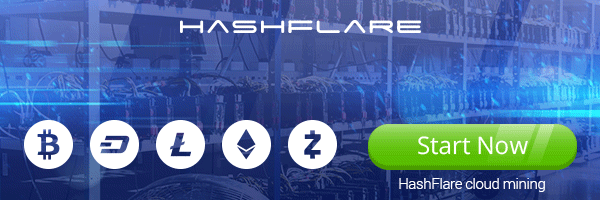ConsenSys has announced the upcoming release of its zero-knowledge Ethereum Virtual Machine (zkEVM) rollup to a public testnet on March 28, allowing for stress testing of the layer-2 scaling technology.
ConsenSys’ research and development team has been working on its zkEVM rollup over the past four years. The zkEVM is touted to offer fast finality, high throughput and security of settlements on the Ethereum blockchain.
A private beta launched in Q4 of 2022 gave early access to limited users, which processed over 350,000 transactions and onboarded various decentralized applications (DApps). The testnet allowed Solidity developers to build, test and launch DApps while testing the zkEVM at scale.
Onboarding for our zkEVM is in full flow, and activity is at peak levels
We’ve successfully executed 300k total transactions and are processing more than 50,000 transactions per day
https://t.co/Tn42pKGPrr
— ConsenSys (@ConsenSys) February 23, 2023
ConsenSys zkEVM is the culmination of work from teams at Infura, Truffle and MetaMask, as well as developers on Besu and Gnark. Integrations and features of the rollup were aimed to remove developer complexity, improve security and expedite onboarding times.
An announcement shared with Cointelegraph highlighted zero switching costs as a benefit to projects in the ecosystem. Developers can build on the zkEVM or migrate existing DApps without changing code or rewriting smart contracts. The zkEVM also uses Ether (ETH) for gas fees, cutting out the need for third-party code translation and other middleware solutions.
ConsenSys zkEVM integrates with MetaMask, which is aimed to expedite the onboarding of users. Infura integration also allows developers to ship DApps at scale. Developers will also be able to build, test, debug and deploy Solidity smart contracts with a variety of layer 2 developer environments powered by Truffle.
ConsenSys also aims to keep its zkEVM open-source after launch. Nicolas Liochon, head of research and development at ConsenSys, told Cointelegraph that the goal of the public beta testnet is to trial the system under the same conditions it would face on mainnet where the stakes are higher.
“Users and developers will be able to permissionlessly interact with our technology stack allowing us to stress test the system under challenging and adversarial conditions.”
Following integration with the public testnet, ConsenSys will carry out a system outgrade. This is aimed at laying the foundation for a “highly performant, trustless, and decentralized network,” according to Liochon.
The final upgrade will also start its auditing and security process to ensure the zkEVM is safe and secure before a mainnet launch earmarked to take place later in 2023.
ConsenSys is in discussions with leading players in the Ethereum ecosystem to deploy and integrate with its zkEVM testnet. Liochon highlighted the focus on making the scaling rollup EVM-equivalent a key factor in making it easy for DApps and tools to switch to its zkEVM.
Liochon also said efforts to make decentralized and trustless applications available to the public require simpler and cheaper systems. The zkEVM aims to achieve this by building a trustless, censorship-resistance, decentralized and performant execution layer that scales Ethereum.
Collaboration with the wider layer 2 ecosystems is also a focus for ConsenSys. Liochon said the organization is looking to work with innovators in the space to convene the first zkEVM “multi-prover” rollup.
This type of scaling rollup would have multiple prover implementations generating validity proofs of computation.






